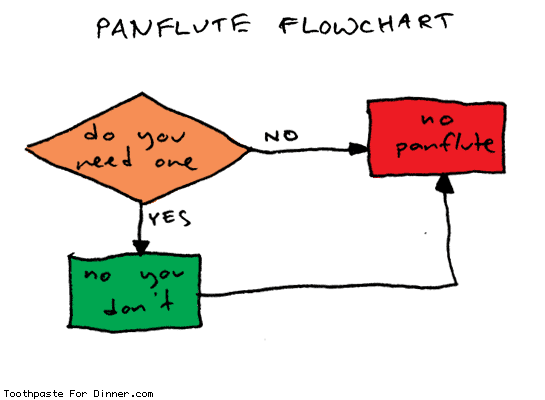 I touched on the subject of freedom in a previous post. But what about those critical decisions that affect our lives for the coming years? We try to do our best but can never KNOW for sure wether the alternative path, the one we didn't take, would have been better. There is no "what if" scenario to run on a simulator and parallel realities exist only in movies.
I touched on the subject of freedom in a previous post. But what about those critical decisions that affect our lives for the coming years? We try to do our best but can never KNOW for sure wether the alternative path, the one we didn't take, would have been better. There is no "what if" scenario to run on a simulator and parallel realities exist only in movies.We can try weighing each option and input the probabilities into formulas, apply the scientific method. Will our choice be better? Yes, if we have to make the same choice many times. Then, the averages of the scientific method will work out. But in real life, every decision might be different, unique. How many times we need to decide what to study (for a future career), whom to marry, which work offer to accept, which house to buy? Even if we change many partners, workplaces and houses, it is still not enough for meaningful averages.
Are we doomed to the uncertainty of not having the EXACT knowledge? Yes, and we should accept uncertainties to attain peace of mind. We can minimze them, though. Planning ahead is one possibility. Should we plan everything ahead? Probably not, beacuse it makes us blind to opportunities. Should we plan at all? Yes, we need a general direction, even if we don't follow it religiously. Changing directions is mostly possible, but usually comes with a price tag attached.
Some believe in fate or providence. If life took us there, we are meant to be there. There is an underlying purpose, which we cannot understand. This theory is not my cup of tea, but I realize it helps some people live in peace with what's happenning in their lives. Can we affect fate? To some extent, we do. We continuously transmit messages to our environment about our preferences and abilities, which in turn affect the way it relates to us, the opportunities it offers. It's up to us to take or reject them.

In the early stage of our lives, before we have formed a general direction, we should take the opportunities that seem to reflect our preferences or abilities. In later stages, we should take the opportunities that are in sync with our general direction or those that are not, but we'd regret if we'd reject, and are ready to pay the direction change fee.





No comments:
Post a Comment